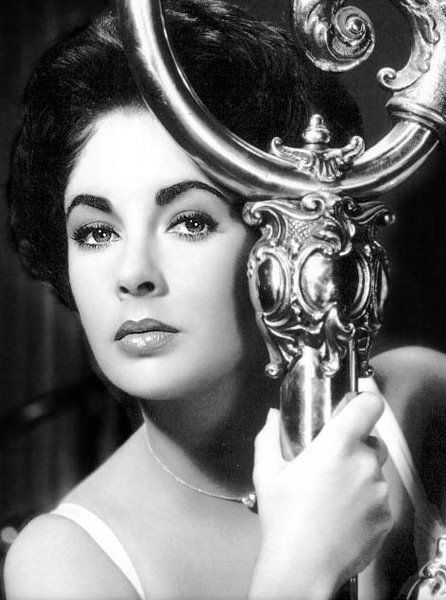 **** out of ****
**** out of ****
“The Tin Drum” is a controversial, lengthy German epic that boldly pushes viewers to see how much they will react. Graphic sexuality, intense shots, and a disturbing story are but a few of the shocking and visceral features that are embodied in this uncanny, surreal World War II story.
In the film, a young boy named Oskar (David Bennett), with a tin drum he receives on his third birthday, narrates his life relative to changes in German society. Because of the immorality he witnesses in the adults around him, he resolves to hurl himself down a flight of stairs in order to forever stay small. Using the drum and a scream that shatters glass, he persistently revolts against the adult world around him to combat their contemptable behavior. Finally, the rest of the film follows Oskar as he falls in love, watches members of his family die, and joins a troop of dwarfs that entertains soldiers, all the while learning more about the world around him and the responsibilities he must acquire.
Throughout the film, the drum symbolizes innocence for Oskar, which additionally represents what he desires. The adult world looks immoral and repugnant to him, so he clings to the drum through the whole film because it protects him. (However, throwing it into his father's grave at the end of the film is clearly a symbolic rite of passage indicating his choice to become responsible.) Although screaming children usually deserve a good spanking, his glass-shattering cries throughout the film are a protest to adults trying to steal his “innocence.” Aside from his shameless parents, even the adults in the world around him are in the midst of a huge revolution toward National Socialism. He tries to become a moral symbol through his drum, notably when his playing disrupts and confuses the Nazi band into a rousing rendition of Strauss’ “Blue Danube,” thereby quashing their evil-inspired rally. On the other hand, the film seems to be indicating that he is nowhere near as innocent as he pretends to be (in fact, he indirectly has a hand in the deaths of many of those family members!). Moreover, children in the film are still portrayed as having some bad qualities, which proves that no one is a saint. In addition, the film criticizes Oskar for not owning up to the responsibilities of growing up, and the final scene of the film indicates that it is necessary for him to “grow.”
Oskar is one of the most captivating narrators that I have witnessed in a film. His dynamic range of inflection sometimes elicits laughter, particularly when he speaks ferociously. He makes an interesting character, and director Schlöndorff’s blend of filmic fantasy and reality inspires his unbelievable personage. As a character, he is well-acted by Bennett, who, as an 11-year-old, takes his 3-year-old body for quite a bizarre adventure. Oddly, Oskar is intelligent from birth, though I have never met a person whom was able to narrate his own emergence from the womb (in a close-up, point-of-view shot certain to disgust viewers). Because of the film's somewhat fantastic representation, though, it does support his narrative reliablity and therefore trustworthiness; it furthermore arrests the interest of viewers who are easily taken by his fascinating character.
Overall, this film is completely brilliant. Though it is a bit long and occasionally inspires some time-checking, the story (based on the even longer book by Günter Grass) is generally interesting, evoking, and "in your face." It is also certain to surprise with its unabashed, unforgiving dive into deviant sexuality involving incest and children (which invoked the wrath of many, including an Oklahoma court with laws against child pornography and minors engaging in sexual activity). Most importantly, though, this is one shocking, moralistic film that adeptly takes a look at the bizarre life of a young boy who professes the indiscretions of grown-ups while living in a rotten society affected by Nazism.
April 27, 2008
The Tin Drum (Die Blechtrommel)
Subscribe to:
Post Comments (Atom)

.jpg)

.jpg)
.jpg)

No comments:
Post a Comment